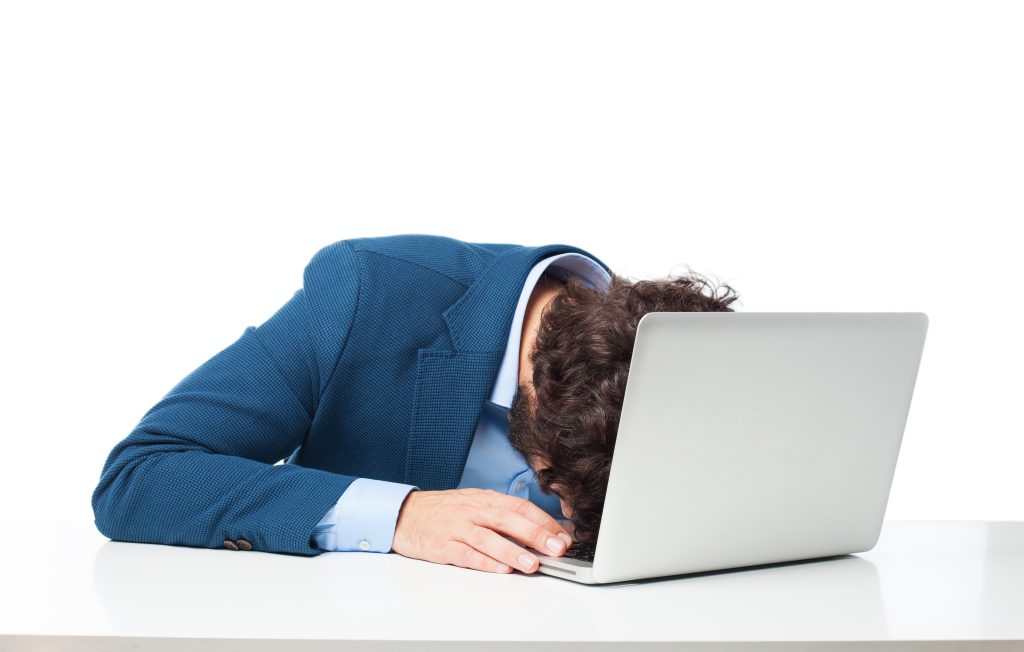

How Can I Speed Up My Slow Laptop?
The people who may be experiencing speed issues with their computers must be wondering why is my computer running slow. It's normal for your computer to slow down as it ages it can become clogged with unwanted programs and files, slowing its performance to a crawl.
Rather than purchasing a new laptop, our simple tips will show you how to speed up your existing laptop and breathe new life into it. However, if you are not a technical person and are unsure whether you should try to solve this problem yourself or not, don't be concerned! There is a solution for you; simply search for computer repairs near me to get a list of top technicians who can assist you. Now let's dive in to learn a few tricks that you can try by yourself to speed up your computer:
Examine Your Hard Disk Space:
When your hard drive memory is full, your computer lags because the operating system lacks the necessary space to perform tasks such as using swap files and creating temporary files. To keep your machine running smoothly, leave at least 15% of its hard disk space free.
So, the first thing you need to do is free up your hard disk space.
Uninstall Useless Programs:
Next, try emptying your downloads folder. Everything you download from the internet accumulates here, so it's worth sorting through and putting the files you want into the appropriate folders. This purge is open to old programs that you no longer use.
But be careful not to uninstall any programs you don't recognize. They could be critical to the operation of your computer or other programs. If you're not sure where to begin, you can use specialized cleaning software to identify apps that are safe to uninstall.
Check for Antivirus:
Malware or virus infection can cause severe laptop slowdowns.
Turn on real-time protection in Windows and run a full scan of your laptop to detect and remove any malware. Why we are recommending this? Read on to learn.
This malware or virus-like stuff is primarily spread through the opening of suspicious email attachments, and questionable Web sites; try to avoid visiting these types of sites.
Anti-virus software is now required for all computers. There are various downloadable anti-virus programs on the market that are also effective, but there are numerous free anti-virus programs that are equally effective.
Delete Plugins if You Don’t Use:
Browser extensions and plugins are among the most useful applications available on the internet. However, installing too many can slow down your web browser's performance, especially if you forget about the majority of them. Uninstall any extensions or plugins that you no longer use to help speed up your browser. And then check if you see any improvement in the speed.
Upgrade Your RAM:
This is one of the most expensive methods, but Buying more memory (RAM) for your laptop will significantly improve performance, especially when working with large files or running multiple programs at the same time. You can ask your local computer technician how much memory you need based on your needs and budget.
Empty Your Bin:
If you have less than 500 MB of hard drive memory remaining, it's time to clean up. Because this could be one of the causes of your computer's slowness.
Simply deleting files from the disk does not remove them from the system; instead, they are placed in the Recycle Bin. After deleting, the hard drive space will be available for reuse.
Conclusion: If you've tried all of the steps above and your laptop is still not performing well, it's time to contact an experienced computer technician because there could be another issue that you won't be able to solve on your own. You can also seek assistance from IDSN's experienced and professional staff. Visit IDSN again to read more informative blogs like this one.

